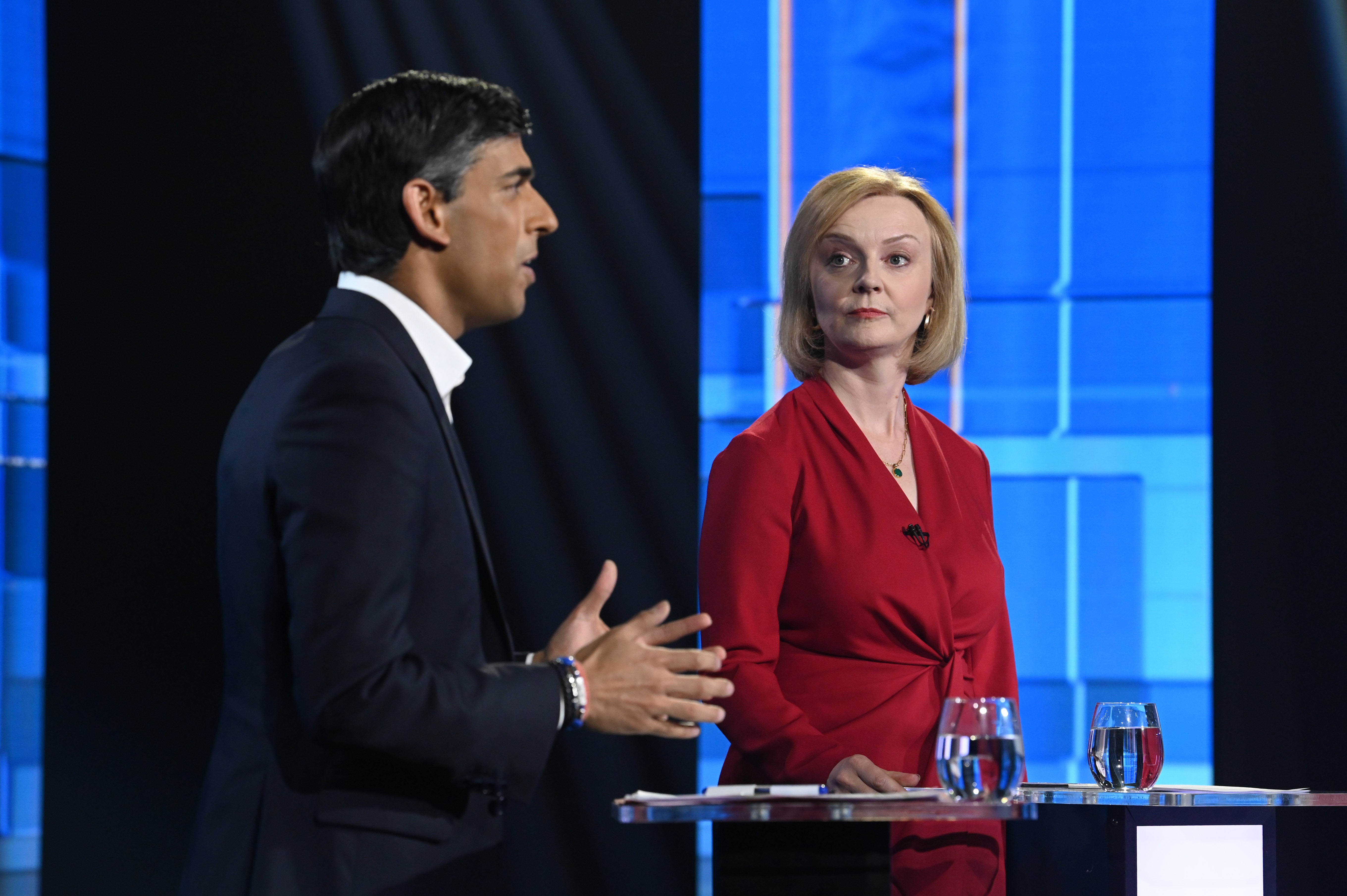13 million Britons will be pushed into debt by energy price cap rise, government warned
One in four won’t be able to afford bills, says Citizens Advice – as PM accused of going ‘missing in action’

Britons face a “living nightmare” as inflation jumps above 10 per cent for the first time in 40 years, pushing millions into debt from higher bills and leaving homeowners facing another surge in mortgage payments.
One in four consumers will not be able to afford their gas and electricity bills when the energy price cap rises in October, according to Citizens Advice.
It warned of a “winter of despair” for 13 million people would be pushed into debt when annual energy bills are allowed to rocket to £3,600.
Unison assistant general secretary Jon Richards said the cost of living crisis “has become a living nightmare for millions of working people”.
Economists now predict the Bank of England will announce a second 0.5 percentage-point rate rise within weeks, which would add another £700 a year to interest payments on a £250,000 mortgage.
Tory peer Stuart Rose accused Boris Johnson of going on “shore leave” while Britain hurtles towards recession, saying the government had been “very, very slow” in tackling the crisis.
“We’ve got to have some action,” the Asda boss said. “The captain of the ship is on shore leave, right – nobody’s in charge at the moment.”
Charities pleaded with the government to expand emergency payments, as inflation reached a four-decade high of 10.1 per cent on Wednesday and heaped more pressure on those struggling with bills and food prices.
“It’s becoming increasingly clear that skyrocketing prices will swallow up all of the help that has been announced so far,” said Citizens Advice chief executive Dame Clare Moriarty as she called for more support for the most vulnerable.
“Every day that goes by without a plan is another day without reassurance for people who desperately need it. We urgently need further support, otherwise we risk a winter of despair for millions,” she said.
Cabinet Office minister Kit Malthouse denied government inaction. “This idea that we’re all just sitting on our hands eating buns and picking our noses is not true,” he told Times Radio. But he said it would be up to Mr Johnson’s successor to decide what to do about rising bills. “We are putting the government on a war footing, if you like, so that a new prime minister in just a couple of weeks’ time now is able to make some quick decisions,” he told the BBC.
However, Liz Truss, the Tory leadership favourite, is yet to commit to any additional direct payments to help the public with huge hikes in energy bills expected from October.
Rishi Sunak – who has said he will commit around £5bn in additional payments – said it would be a “moral failure” not to offer more help.
Both Tory candidates, battling it out to succeed Mr Johnson at No 10 on 6 September, have rejected Labour’s proposal to freeze the energy price cap through the winter.
Labour’s shadow home secretary Yvette Cooper said the government did not get the scale of the crisis and the prime minister was “missing in action”. She added: “They have just disappeared. It’s totally irresponsible for the prime minister and the chancellor not to take action.”
Mr Johnson has been accused of treating his final weeks in office as “one big party” after he headed off to Greece for a week – his second holiday in a fortnight.
The 10.1 per cent inflation figure – which showed food and non-alcoholic beverage prices increase by 12.7 per cent – represents the biggest jump in the cost of living since February 1982.
The Resolution Foundation said the poorest tenth of households would be the worst hit, facing an inflation rate of 10.9 per cent while the richest tenth faced inflation of only 9.4 per cent. The think tank said the next PM’s priority should be “targeted support to low- and middle-income households”.
The Institute for Fiscal Studies warned that the poorest fifth of households could face a staggering inflation rate of 18 per cent by October, because they spend a bigger proportion of their income on energy and food.
Rocio Concha, director of policy at Which?, said the latest figures make clear that “millions of people face a dire financial situation in the months ahead … it’s clear that the current level of cost of living government help will not be sufficient”.

TUC general secretary Frances O’Grady called for a price cap freeze and renationalisation of energy firms to deal with the “emergency”. Unison assistant general secretary Jon Richards said above-inflation pay rises “are essential to rescue families on the brink”.
Citizens Advice centres have been overwhelmed with requests for help in recent months and food-bank managers have also told The Independent some people could not afford to top up their pre-paid meters – doing without gas and electricity for several days.




Join our commenting forum
Join thought-provoking conversations, follow other Independent readers and see their replies
Comments